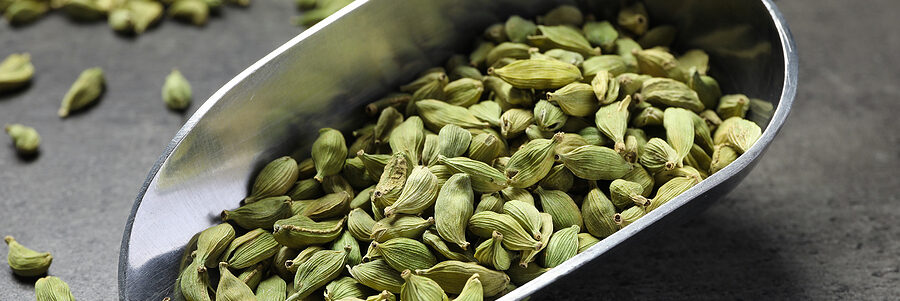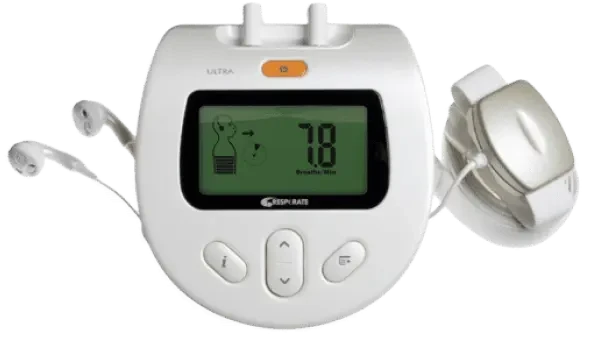High blood pressure, or hypertension, is a common health issue that affects millions of people worldwide. While lifestyle changes and medication are often recommended, natural remedies can also play a significant role in managing this condition.
One such remedy that has gained attention is cardamom, a fragrant spice known for its numerous health benefits. In this article, we’ll delve into the potential of cardamom to help lower blood pressure and explore how you can incorporate it into your daily routine.
While cardamom may not be appreciated when one accidentally encounters it in a spoonful of delicious biryani. It is enjoyed in a whole range of desi dishes, including sensational desserts and savories.
Cardamom is used in both whole and powdered form and is also included in a number of spice mixes. It has a minty, spicy herb-like flavor and smell. And a warm taste, which is why it is also consumed as a mouth-freshener.
It also serves as a good addition to your masala chai concoction. By adding a calming aroma to the drink that is the quintessential Indian refresher. But cardamom has a number of health benefits as well, among which regulation of blood pressure is perhaps the most important one.
Cardamom for high blood pressure
Cardamom, or elaichi, is one such spice, which is probably under-appreciated for its role in keeping blood pressure levels under control. There has been some research into the effects of cardamom consumption on the blood pressure levels of hypertension patients.
One particular study, published in the Indian Journal Of Biochemistry and Biophysics, found that daily consumption of elaichi in a dose of 1.5 gms twice in a day, lead to a decrease in the systolic, diastolic and mean blood pressure in Stage-1 hypertensive patients, who were observed for a period of three months.
In conclusion, cardamom shows promising potential as a natural aid in managing high blood pressure. Its anti-inflammatory and antioxidant properties, along with its ability to improve circulation, make it a valuable addition to a heart-healthy diet.
While it’s important to consult with a healthcare provider before making any significant changes, incorporating cardamom into your daily routine could be a simple and delicious way to support your cardiovascular health. Give it a try and see the difference for yourself!
 Eli Ben-Yehuda
Eli Ben-Yehuda 








Comments